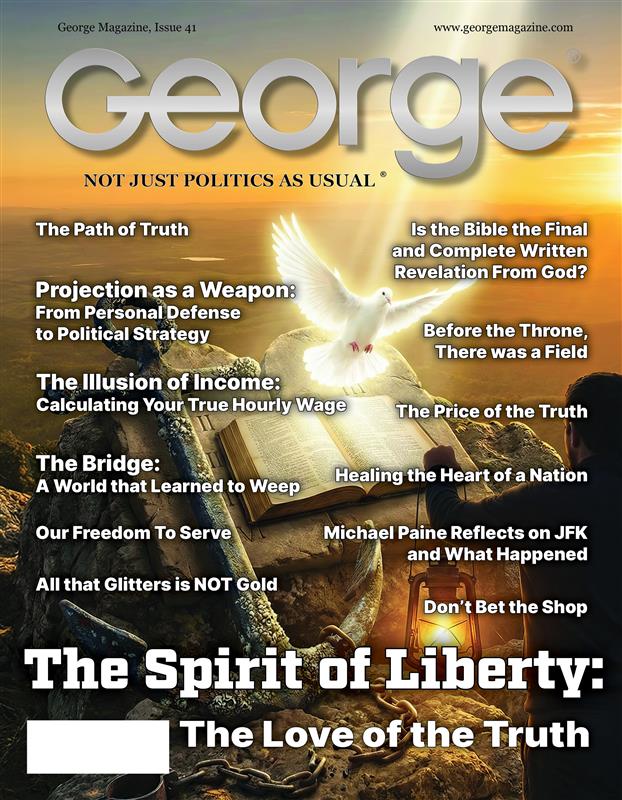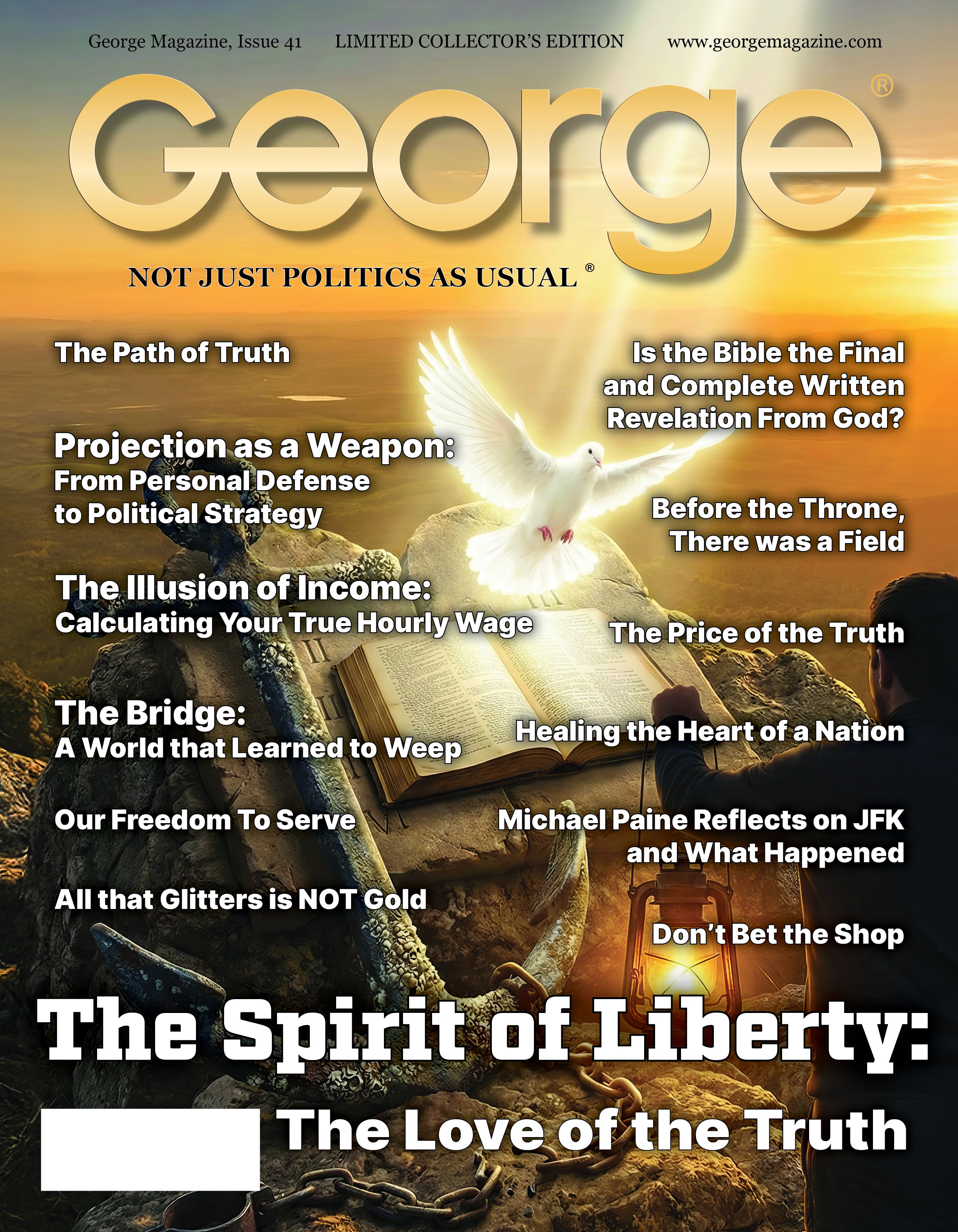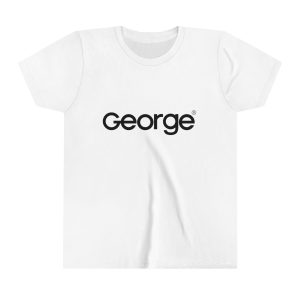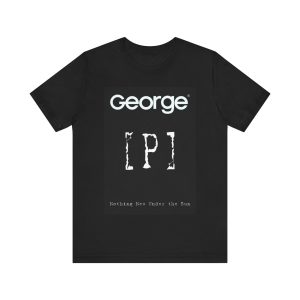“I still remember the spring of 2020-parked in my Brooklyn apartment, a pandemic outside, and $40,000 worth of USDT sitting in limbo during a de-pegging rumor. I didn’t lose the money-but I lost sleep. And that was the wake-up call.”
If you’re debating USDC vs USDT right now, let’s get real: you’re not just choosing between two stablecoins. You’re choosing a trust model, a risk profile, and-if we’re being brutally honest-how much control you’re willing to give up for speed or security.
As of Q4 2025, USDT leads the charge with a $176.35 billion market cap-an eye-watering 58% of the entire stablecoin market. It’s everywhere: Binance, Kraken, OKX, you name it. If crypto had a lingua franca, USDT would be it.
But volume masks nuance. When a payment processor in Austin faced even a hint of volatility from USDT in late 2022, their CFO couldn’t verify reserves or explain exposures to investors. The next week, they moved their entire backend to USDC. Why?
Transparency. USDC publishes monthly attestations via Deloitte, backing every dollar with U.S. Treasuries and cash held in regulated banks. It’s not sexy. It’s safe. And in crypto, that’s often the smarter play.
Let’s say this up front: both stablecoins work. They’ve both weathered storms. But the mechanics, backing, and regulatory exposure under the hood? Totally different beasts.
Here’s what institutions and smart capital are really comparing:
| Feature |
USDT |
USDC |
| Backing |
Mixed commercial paper & cash equivalents |
100% cash & short-term U.S. Treasuries |
| Auditor |
Irregular attestations, not Big Four |
Monthly attestation by Deloitte |
| Regulatory Home |
Hong Kong/BVI |
U.S. (Circle, regulated) |
| Market Role |
Trader’s choice |
Builder’s choice |
| Liquidity |
$130B+ daily |
Lower but growing |
The numbers don’t lie. USDT is a liquidity monster. But USDC is winning institutional mindshare fast-and that’s not slowing down.
Real Talk: Why This Matters in 2026
Here’s the kicker: we’re heading into a more regulated, more transparent era of digital assets. The U.S. GENIUS Act passed this year, tightening the screws on stablecoin issuers. Europe and Asia aren’t far behind. Circle has leaned in. Tether? Still catching up with the launch of USA₮-its U.S.-compliant variant announced just last month.
Meanwhile, institutions are putting billions into DeFi protocols backed by USDC-not USDT. The writing is on the blockchain.
If you’re trading 24/7 and need to move size now, USDT still owns that niche. But if you’re managing client funds, corporate treasuries, or compliance-sensitive apps, ignoring USDC is a luxury you may not afford in 2026.
Coming Up in Part 2: We break down how to choose between USDC and USDT (or use both) with a real-world strategy framework-the C.A.S.H. model-designed for today’s volatile landscape.
About This Series: This is Part 1 of a 3-part deep dive on the USDC vs USDT debate for 2026. Written in Avery Knox’s brutally honest, data-backed voice, it’s designed to cut through the noise and help you make high-stakes decisions with clarity. Stay tuned.
Disclaimer: This article is for informational purposes only and should not be considered financial advice. Always conduct your own research and consult with financial professionals before making investment decisions.
📖 References & Citations:










